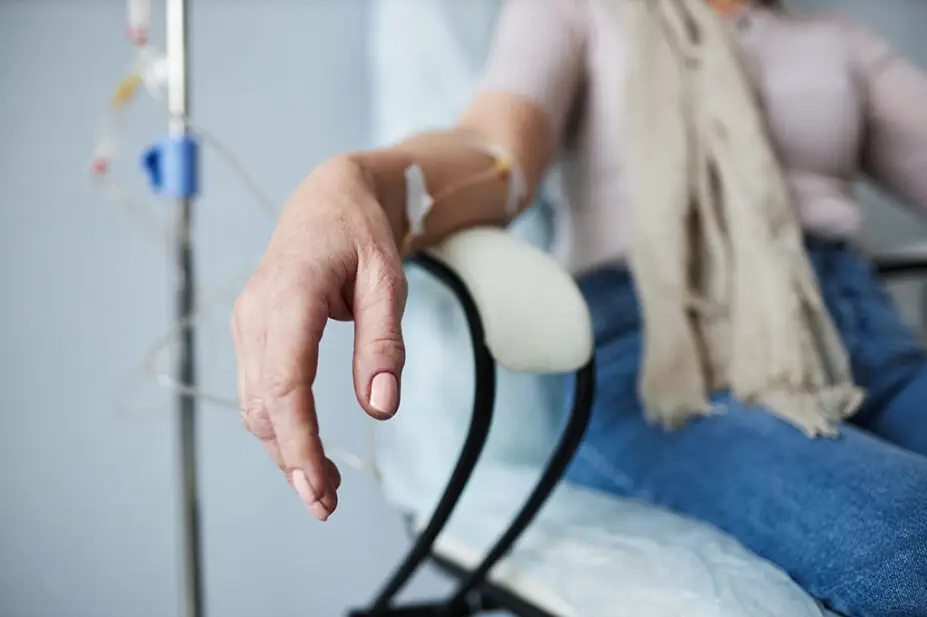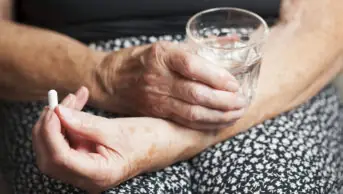
Shutterstock.com
The National Institute for Health and Care Excellence (NICE) has recommended brentuximab vedotin (Adcetris; Takeda), in combination with other chemotherapy drugs, as the first NHS treatment for untreated late-stage classical Hodgkin lymphoma.
In final draft guidance, published on 2 April 2025, NICE said that up to 800 people per year with previously untreated stage 3 or 4 CD30-positive Hodgkin lymphoma could benefit from the treatment, which fuses brentuximab vedotin with doxorubicin, dacarbazine and vinblastine.
The recommendation follows an improved discount, which was offered to the NHS by manufacturer Takeda. However, the revised price remains unknown.
Brentuximab combination therapy is given intravenously at regular intervals during a treatment plan and targets CD30 on tumour cells as an immunotherapy.
NICE said clinical trial evidence showed that the treatment significantly delays disease progression and prolongs survival compared with standard chemotherapy regimens.
Hodgkin lymphoma affects cells in the lymphatic system. It most commonly presents in younger adults aged 20–24 years and older adults aged 75–79 years.
Symptoms of Hodgkin lymphoma include fatigue, fever, night sweats, pain and swollen lymph nodes.
Current treatments can cause side effects, such as lung toxicity, fertility problems and an increased risk of heart disease.
Anish Tailor, lead haematology pharmacist at University College London Hospitals NHS Foundation Trust, told The Pharmaceutical Journal: “Brentuximab will already be very familiar to the haematology community, used in the relapsed/refractory setting, but bringing it forward as a first-line treatment will improve patient outcomes significantly.”
Helen Knight, director of medicines evaluation at NICE, said: “[The recommendation] represents a significant milestone for people with advanced Hodgkin lymphoma. Having an alternative to chemotherapy on its own is particularly important for these patients — many of whom may have been told that there is no further effective treatment available to them.
“The evidence shows brentuximab combination therapy could help increase how long people have before their cancer gets worse and potentially enable them to live longer compared with current standard treatments.”
NICE also announced that it had made a record number of positive recommendations for blood cancer in 2024, with 13 treatments recommended that could benefit 5,000 patients.
It added that it has made 97 positive recommendations for blood cancer treatments in the past decade.
Blood cancer is the third largest cancer killer nationwide, after lung and bowel cancer, and includes lymphoma, leukaemia and myeloma.


